Many women often wonder, is it necessary to use a special intimate wash for vaginal hygiene?
In fact, the vagina has a natural self-cleaning system. This means not all feminine hygiene products are truly needed; in some cases, they may even cause new problems such as irritation, infection, or allergic reactions.
What Are Intimate Wash Products?
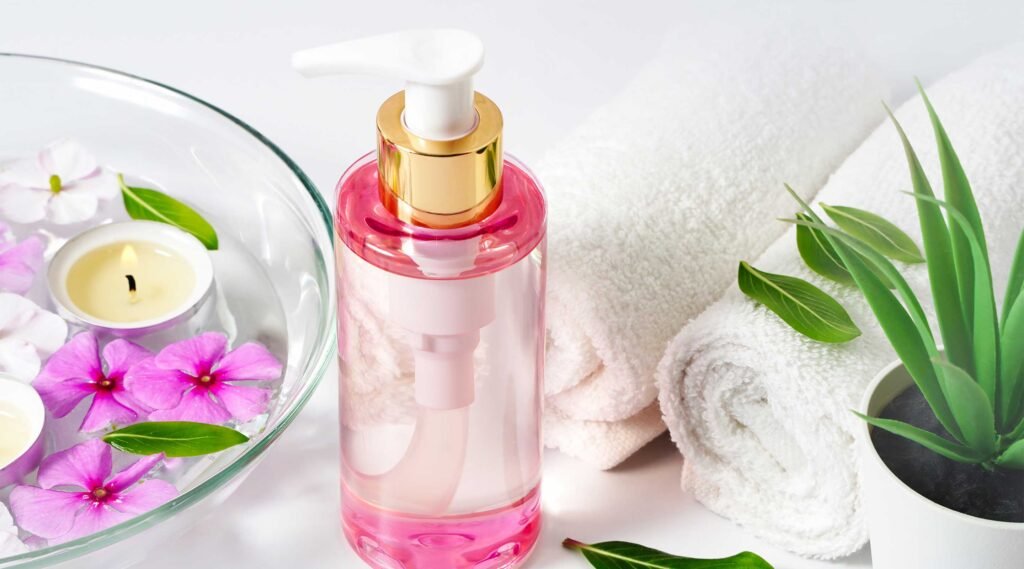
Feminine hygiene products, often marketed as “intimate washes,” are designed to clean the vulva, the outer part of the female genital area.
Although commonly called “vaginal wash,” these products should never be used inside the vagina because the vagina is capable of cleaning itself naturally.
Some products claim to have a balanced pH, be safe for sensitive skin, and be fragrance-free. However, not all are truly gentle on intimate skin.
Certain products may contain chemicals or fragrances that can disrupt the vagina’s natural balance.
Risks of Using Intimate Wash
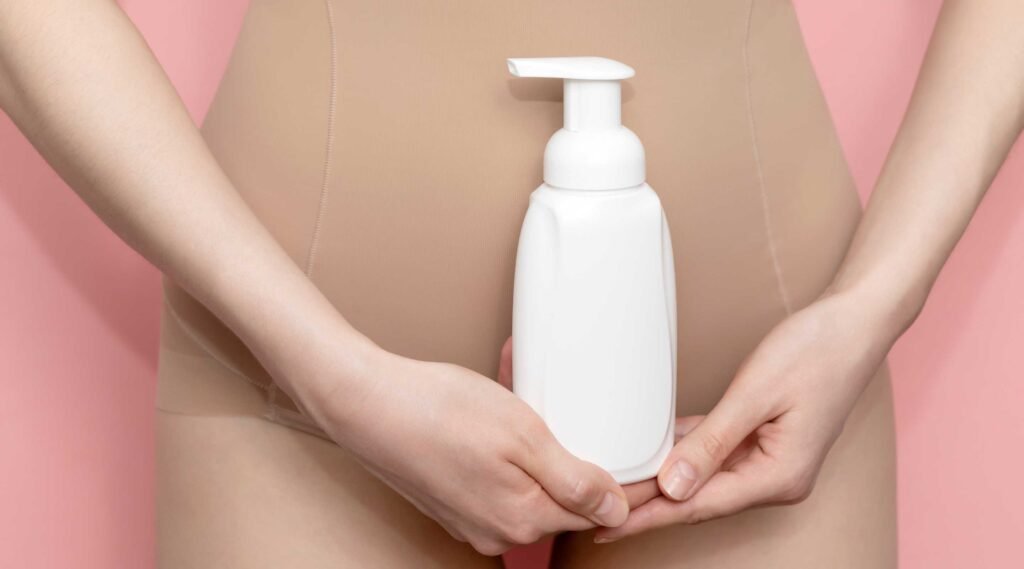
The vagina contains millions of healthy bacteria called Lactobacillus, which help maintain pH balance, control natural odor, and protect against infections.
When this balance is disturbed—such as by using fragranced or high-pH cleansers—the risk of vaginal infections, yeast infections, and even sexually transmitted infections (STIs) may increase.
Inappropriate use of feminine wash can lead to:
1. Disruption of healthy bacteria
Lactobacillus bacteria help maintain pH balance, protect against harmful microorganisms, and aid recovery after menstruation or sexual activity.
Using products with strong fragrances or high pH can disturb this balance, increasing the risk of yeast, bacterial, or sexually transmitted infections.
2. Irritation and allergic reactions
Even products marketed as “safe” may cause dryness, itching, or irritation in sensitive vulvar skin.
In most cases, a simpler and more effective method is to clean the area using warm running water and clean hands or a soft washcloth, without adding unnecessary chemicals.
Safe Ways to Clean the Intimate Area
To clean the vulva, use clean running water and washed hands. Gently clean the outer labia and the folds around the clitoris—there’s no need to clean the inside of the vagina.
Washing the area once a day is sufficient, but avoid over-cleansing as it may strip away natural oils and protective bacteria.
Also, wear cotton underwear and avoid tight clothing to help keep the area dry and healthy.
If You Choose to Use an Intimate Wash
If you prefer to use a feminine wash, choose one that is formulated specifically for the vulva. Look for products that are:
- pH-balanced
- Hypoallergenic
- Fragrance-free
- Contains mild ingredients such as lactic acid
Some studies suggest that properly formulated vulvar cleansers can help maintain natural flora balance, reduce the recurrence of bacterial vaginosis, and benefit women taking antibiotics.
Your intimate area doesn’t need expensive products to stay clean.
Running water is enough to maintain its hygiene. However, if you choose to use a feminine wash, make sure it’s safely formulated for the vulva, pH-balanced, and fragrance-free.
Take care of your intimate health wisely, use clean water as your main cleanser, and if needed, select gentle, safe products.
If you experience itching, unusual odor, or abnormal discharge, consult a doctor promptly to ensure your intimate health stays well-protected.
References
PubMed Central. Accessed in 2025. Role of female intimate hygiene in vulvovaginal health: Global hygiene practices and product usage.
Verywell Health. Accessed in 2025. Do You Really Need to Use a ‘Feminine Wash?

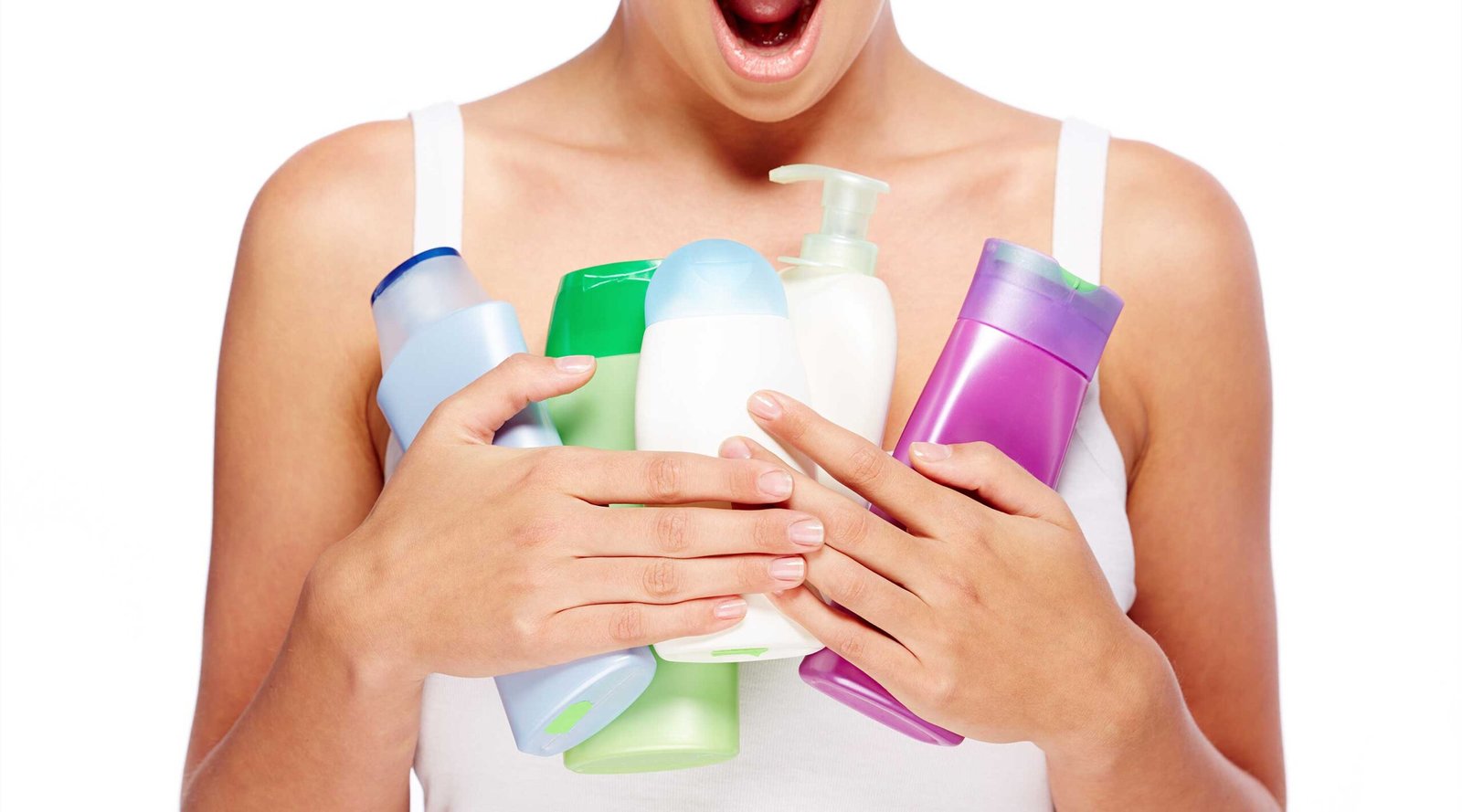


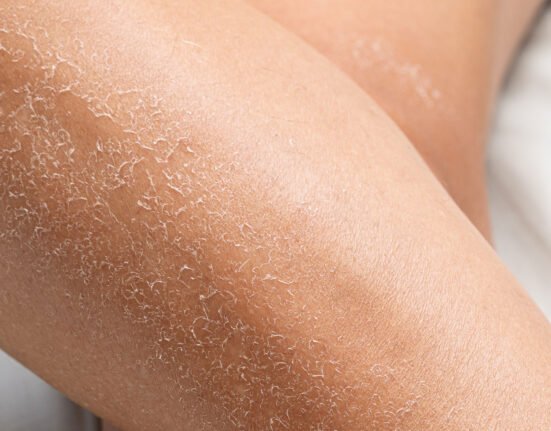

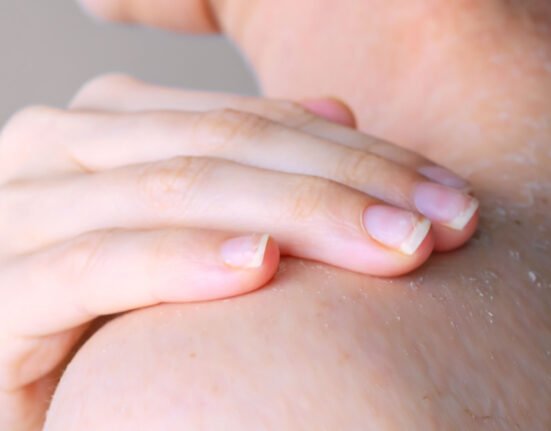
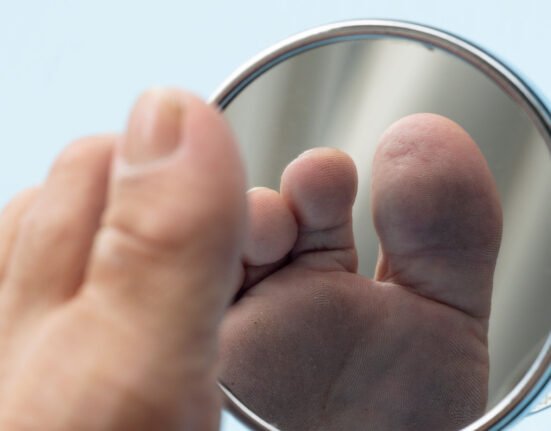
Leave feedback about this